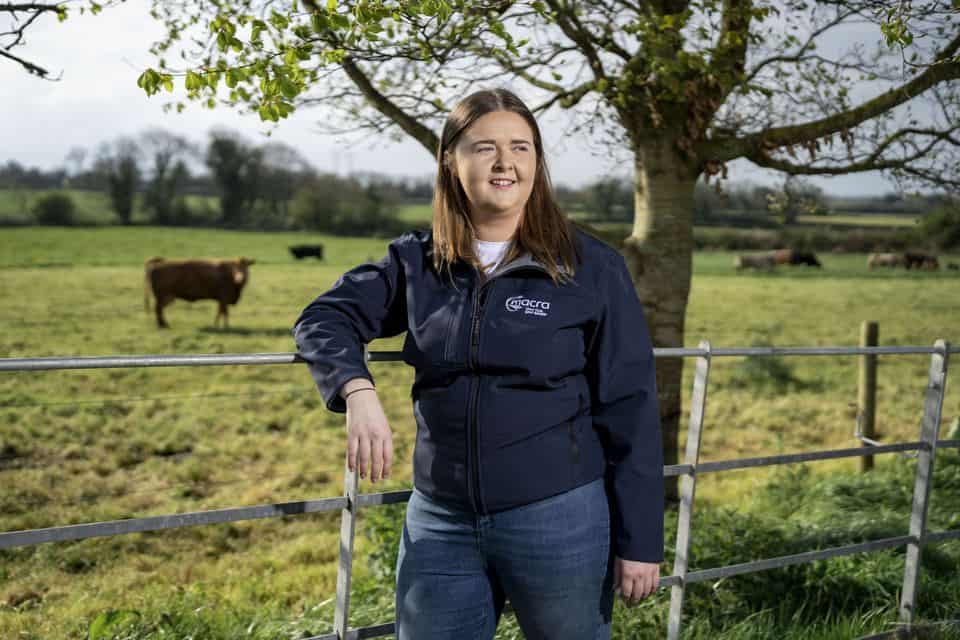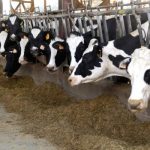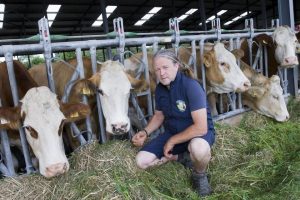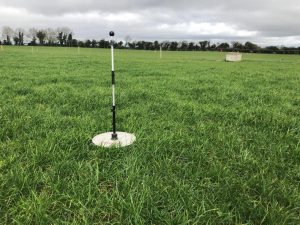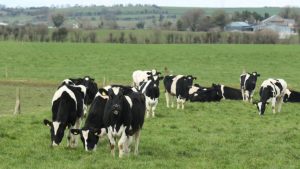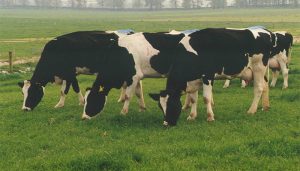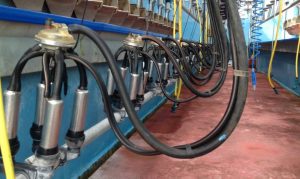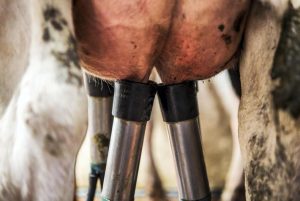
Macra has criticised the Department of Agriculture’s decision to push ahead with a proposed dairy exit scheme after it circulated a document detailing principles to be considered for such a scheme to industry stakeholders last week.
The Department of Agriculture is coming under increasing pressure to detail how the sector will meet its legally binding climate targets.
The Department’s own internal modelling, as reported by the Farming Independent, suggests the dairy herd would need to be reduced by 65,000 cows each year for three years in order to meet the sector’s targets and that a dairy exit scheme costing €200m per year would be needed to achieve this.
In a consultation document sent to stakeholders last week, the Department detailed principles to be considered in such a scheme.
It outlined that a farmer would need to legally commit to the reduction and it would need to be linked to the herd and the holding.
“Therefore a farmer could not opt for the scheme and remove all their breeding ruminants and then transfer the holding during the contract and for the transferee to start a breeding ruminant enterprise on that holding.
“The contract period and the link to herd/holding are essential elements to ensure that a reduction in emissions is achieved and lasts over a period of time,” it stated.
In a strongly worded statement reacting to the consultation, Macra said the exit scheme for dairy farmers will, if enacted, fundamentally damage dairy farming for all active farmers, make once-productive farmland unproductive, and take away the opportunity for young dairy farmers to farm.
“In an industry where the average age in 2020 was 57, this move, in Macra’s view, heralds the beginning of the end for family farms in Ireland.
“The proposed exit scheme does not represent value for money for taxpayers or active farmers and will be the kiss of death for generational renewal and the long-term sustainability of the dairy industry,” said Macra National President Elaine Houlihan.
“We need to flip the approach to emission reduction on its head. A succession scheme can achieve far better results than an exit scheme, delivering value for money and greater policy cohesion in terms of generational renewal.”
Macra’s succession scheme, it said, incorporates a step-back mechanism for farmers that want to exit dairying coupled with an entrance scheme for young farmers who will adopt a range of climate mitigation measures.
